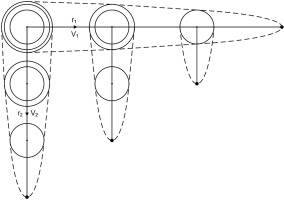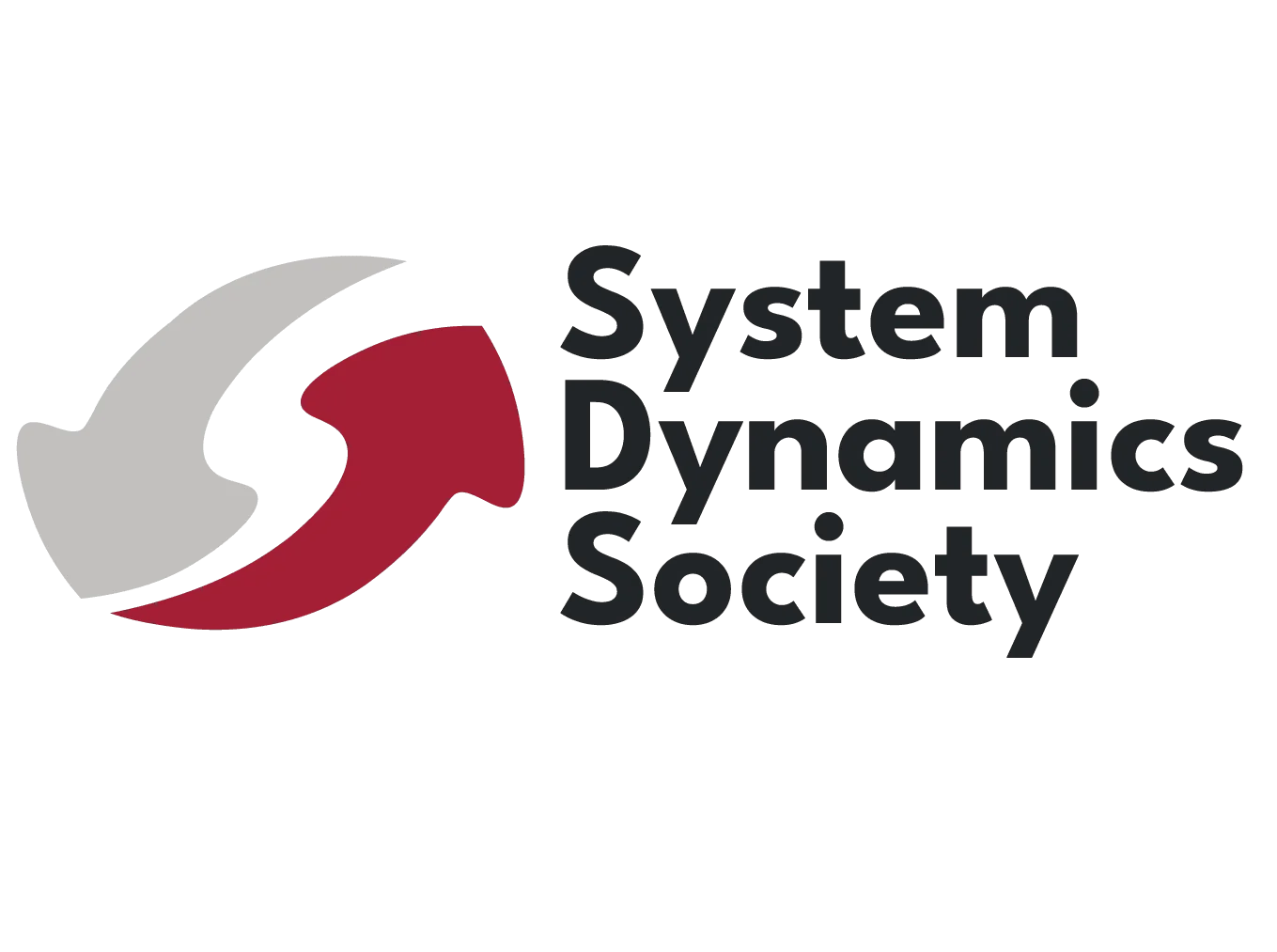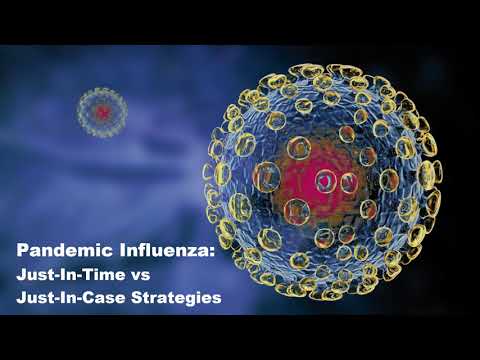- “Enhancing Long-term Forecasting: Learning from COVID-19 Models” by Hazhir Rahmandad, Ran Xu, and Navid Ghaffarzadegan
- “Math Jabs Back: How math helps us get even better vaccines even faster” by SIAM member Jeffrey R. Sachs. Video for public audience.
Video Presentation of “Behavioral Implications in COVID-19 Spread and Vaccinations” by Karim Chichakly
COVID-19: A Data-driven Mean-field-type Game Theory Perspective
From AnyLogic Conference 2021
An Agent-based Model to Simulate COVID-19 Spread in Hong Kong Using Secondary Data of Demographic and Travel Characteristics
Novel Simulation Approach in Studying the Impact of Non-pharmaceutical Interventions on the Spread of COVID-19 in Saudi Arabia
Simulating and Evaluating the Bullwhip Effect along an End-to-end Semiconductor Automotive Supply Chain amid COVID-19 Crisis
Real-time Health Policy Support of COVID Pandemic
“Population Immunity Against COVID-19 in the United States” by Seyed M. Moghadas, Pratha Sah, Affan Shoukat, Lauren Ancel Meyers, Alison P. Galvani
“Modelling COVID-19 transmission in a hemodialysis centre using simulation generated contacts matrices”
by Mohammadali Tofighi, Ali Asgary,Asad A. Merchant, Mohammad Ali Shafiee, Mahdi M. Najafabadi, Nazanin Nadri,Mehdi Aarabi, Jane Heffernan, Jianhong Wu
Virus spreading and heat spreading
by Adrian Bejan and Umit Gunes
https://doi.org/10.1016/j.ijthermalsci.2021.107433
In this article, we propose a heat transfer framework for how human-to-human interaction spreads everything on the landscape: disease, goods, knowledge, news, technology, science, language and culture.

Online Facilitated workshops during COVID: Our experience
Date: 11 January 2022, 16.00 - 17.00 (London)
About the Event
This talk provides an overview of our experience of participative problem structuring in the synchronous online workshop environment. In 2020, due to the outbreak of the Covid19 pandemic and government-posed restrictions, where possible many organisations moved to remote working. This rendered all face to face workshops and meetings a health hazard. It has meant that we had to adapt our facilitation practice to support stakeholder groups in the online environment. At the time, many organizations needed to make crucial decisions in remote environments but lacked the expertise to manage the process and interactions in an effective way. We discuss our experience as facilitators in working with organizations involving key workers in the online environment. Based on our experience we offer guidance to those interested in transitioning to online facilitation.
About the Speakers
KATHY KOTIADIS is a Reader (Associate Professor) in Management Science/Operational Research at the Kent Business School, University of Kent. She graduated with a BSc (Hons) in Management Science and went on to do a PhD in Operational Research at the University of Kent. Her main research interests include Soft Systems Methodology, Discrete event simulation modelling applied to health care and the development of the simulation methodology through Problem Structuring Methods and facilitation. She is co-EiC for Health Systems (journal). Her email address is K.Kotiadis@kent.ac.uk.
ANTUELA A. TAKO is a Reader in Operational Research at the School of Business and Economics, Loughborough University. She holds a PhD in Simulation and an MSc in Management Science and Operational Research from the University of Warwick. Her research interests include the comparison of simulation approaches, facilitated and participative simulation modelling, conceptual modelling and health care modelling. She is Associate Editor of the Journal of the Operational Research Society, Health Systems Journal and Journal of Simulation. Her email address is a.takou@lboro.ac.uk.
https://www.theorsociety.com/get-involved/society-groups/special-interest-groups-and-networks/problem-structuring-methods/
Reflections on OR and Controlling a Pandemic
Topic
The Health Applications Society presents - Reflections on OR and Controlling a Pandemic
Description: Many operations researchers have studied various issues concerned with controlling the COVID-19 pandemic (and, hopefully not too soon, , future pandemics). This talk will discuss some of the areas in which OR has been applied such as forecasting and pharmaceutical and non-pharmaceutical mitigation measures. The discussion will consider the relative impact of these efforts and lessons for future research.
Time: Jan 28, 2022 01:00 PM in [Eastern Time (US and Canada)]
One Health is a collaborative, multisectoral, and transdisciplinary approach—working at the local, regional, national, and global levels—with the goal of achieving optimal health outcomes recognizing the interconnection between people, animals, plants, and their shared environment.
https://www.aphis.usda.gov/aphis/ourfocus/onehealth/onehealth
The Effect of COVID-19 Pandemic on the Global Supply Chain Operations: A System Dynamics Approach
https://journals.sagepub.com/doi/abs/10.1177/00157325211060932
The Supply Chain Disruption Framework Post COVID-19: A System Dynamics Model
https://pesquisa.bvsalud.org/global-literature-on-novel-coronavirus-2019-ncov/resource/pt/covidwho-969390
March 2020 we have published qualitative and quantitative models on the corona virus. Corona virus (COVID-19) - a system dynamics simulation model using not just the bass diffusion - KNOW-WHY.NET … going beyond the bass diffusion. They were quite useful and well received. However, we discontinued the model when the vaccines arrived and it would be interesting to cover the development of variants and new vaccines as well as the challenge that vaccines not necessarily prevent the spread but just the severity of symptoms.

